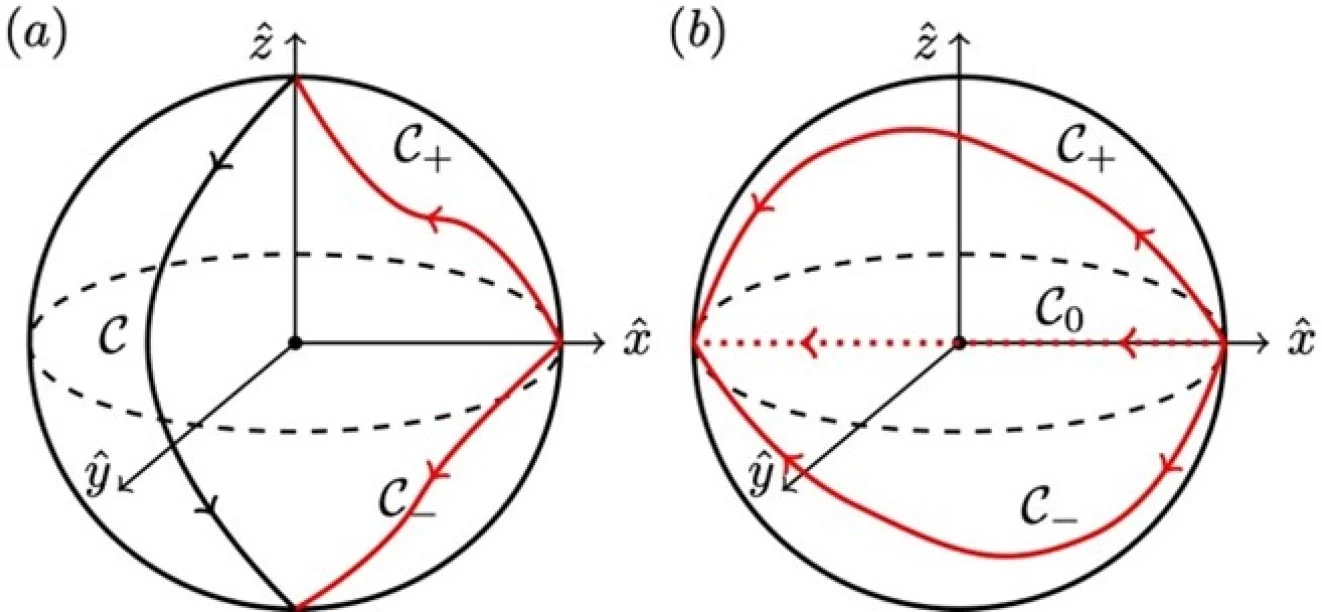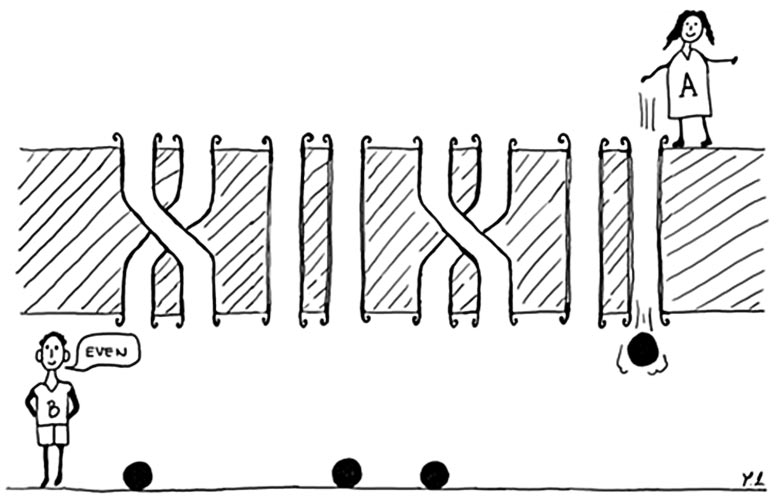Quantum computing represents a revolutionary frontier in computational technology, promising unprecedented computational power. However, the field has long grappled with significant technical challenges that have limited its practical implementation. This research introduces an innovative hybrid approach that dramatically simplifies quantum algorithm execution and addresses fundamental limitations in current quantum systems.
Traditional quantum computers rely on quantum gates, conceptual cousins to the logic gates in classical computing. These gates perform fundamental computational operations, but transforming an algorithm into a series of quantum gates is extraordinarily complex. The more gates required, the more the potential computational advantages diminish, creating a critical bottleneck in quantum system design.
The proposed hybrid methodology elegantly circumvents this challenge by leveraging the natural interactions within quantum systems. Instead of meticulously constructing intricate quantum gate sequences, researchers can now utilize the system’s inherent physical properties to perform computational tasks. This approach significantly reduces computational complexity and makes quantum algorithms more accessible and practical.
One of the most persistent obstacles in quantum computing has been “noise” – the tendency of quantum bits, or qubits, to lose their delicate quantum states through environmental interactions. These interactions introduce errors that rapidly degrade computational accuracy, severely limiting the operational window of quantum computers. Current error correction techniques remain unreliable, making large-scale quantum computation challenging.
The research team demonstrated this hybrid approach using Grover’s algorithm, a landmark quantum algorithm designed for searching unstructured datasets. Traditionally, this algorithm requires numerous complex quantum gate operations. The new method replaces this complexity with a single spin system that interacts naturally with computational qubits, using simple external field pulses to rotate the spin.
Crucially, this approach offers topological protection, making the computational process robust against control field imprecisions and physical parameter variations. This means the system can maintain computational integrity even without sophisticated error correction mechanisms.
By reimagining quantum computation through a lens of natural system interactions, this research represents a significant step toward making quantum computers a practical reality. It suggests a future where quantum computational power can be harnessed more efficiently, opening new frontiers in scientific computing, cryptography, and data analysis.
The hybrid quantum computing approach transforms a highly complex technological challenge into an elegant, natural solution, demonstrating how understanding and working with a system’s inherent properties can unlock remarkable computational potential.
For more on this research, see New Quantum Computing Paradigm: Game-Changing Hardware for Faster Computation.
Reference: “Topologically protected Grover’s oracle for the partition problem” by Nikolai A. Sinitsyn and Bin Yan, 14 August 2023, Physical Review A. DOI: 10.1103/PhysRevA.108.022412



